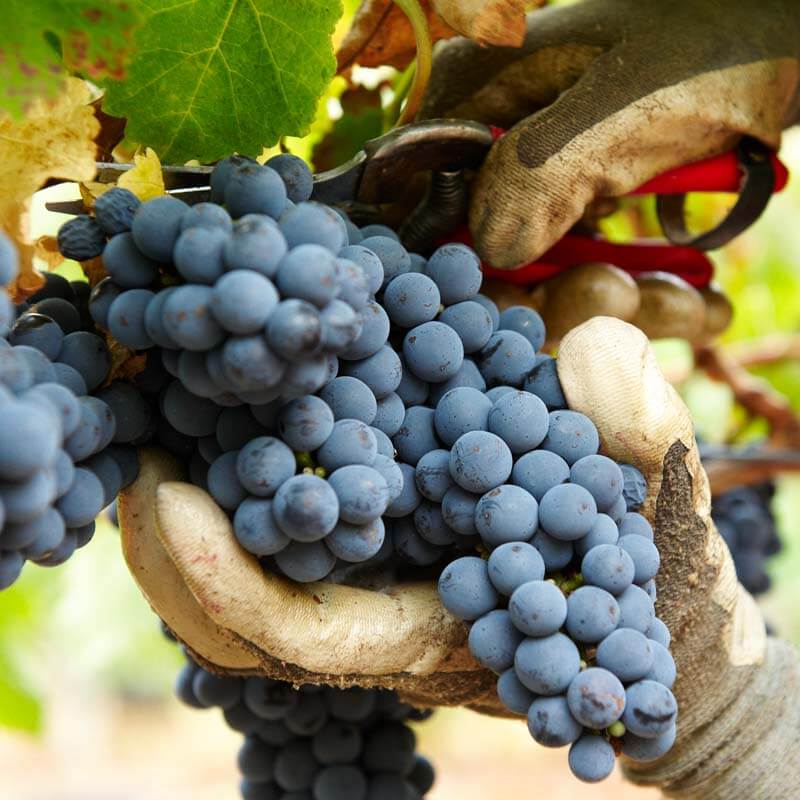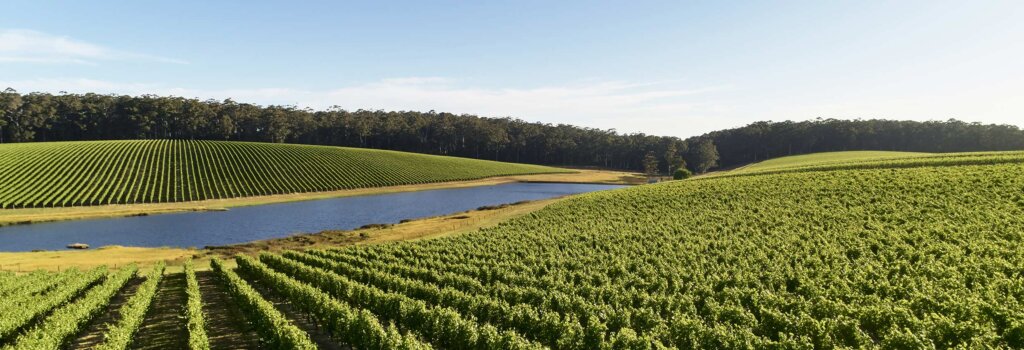With significant investment and a dedication to promoting soil health and sustainable farm management practices, Cherubino is now sequestering 20 tonnes of carbon per hectare. Reducing carbon footprint and enhancing the carbon storage capacity of their vineyards is crucial to a future where they exemplify responsible agricultural production.
Working closely with the team at Carbon Friendly, the intensity of greenhouse gas (GHG) emissions in Cherubino’s vineyards was measured and analysed from 2021 – 2023. Carbon Friendly assessed the results using a ‘Cradle-to-Farm-gate’ system boundary and based on primary inventory data of farm inputs and outputs used for the vineyards, including Scope 1, 2 and 3 emissions.

Notably, Cherubino’s team has sequestered -10,284 kg CO2e of GHG emissions per tonne of grapes they produced in 2022/23. This was sufficient to neutralise their production related emissions which were 198 kg CO2e per tonne of grapes in the same period. In addition, the surplus carbon removals achieved in their vineyard are now available to offset their winery operations as well as the distribution emissions of their wines.
Their total Net GHG emissions in 2022/23 were equivalent to -11,485 t CO2e.

According to Carbon Friendly, “Cherubino has a strong history of sustainable orchard management, taking a wholistic approach to farm production. Our assessment established that in recent years they have focused on promoting soil health and sustainable management through the implementation of the following practices:
- Establishing diverse multi-species cover crops in the interrow area to reduce run-off, improve soil moisture retention, provide habitat for beneficial insect species, and improve SOC.
- Vine prunings and grass clippings are mulched and left to decompose as a source of organic matter to the soil.
- Using organic and biodynamic fertilisers in the place of most synthetic nutrition sources.
- Introduction of biological controls for fungal diseases, and natural predators to control insect pests.”
“The introduction of soil biology into our practices has been one of the major factors helping increase the carbon holding capacity of our soils,” said Vineyard Manager Jono Reeve (Pemberton and Frankland River) “They assist significantly with the breakdown of the organic material and freeing up the nutrients in the soil.” “We don’t see a benefit in being confined to a single dogma, so rather than solely chasing organic or biodynamic certification, or sticking to conventional farming principles, we harness best practice from each system,” said Larry Cherubino. “It’s an approach that has allowed us to remain progressive, responsible, sustainable, and profitable.”
